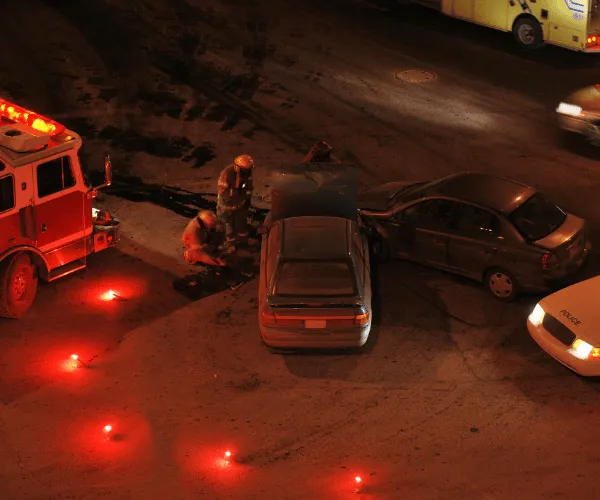What You Need to Know About Car Accident Injury Claims in West Virginia
After a crash, knowing what steps to take can be overwhelming. This page breaks down how car accident claims generally work under West Virginia law—from proving fault to dealing with insurance and recovering compensation for your injuries.
Fault & Liability
West Virginia uses a modified comparative fault system. That means if you're less than 51% responsible for the crash, you may still be able to pursue compensation. Determining fault isn’t always obvious, and insurance companies often argue liability to avoid paying fair settlements.
Types of Compensation
If you’ve been injured, you might be eligible to recover medical costs, lost wages, pain and suffering, and other damages. Serious injuries like head trauma, spinal damage, or permanent disabilities often result in higher-value claims—but they also tend to be more aggressively contested.
Working With Insurance
Insurance companies are focused on limiting payouts. Many victims receive early settlement offers that don’t come close to covering long-term needs. It’s important to know that you’re not required to accept the first offer, and you’re allowed to push back with documentation and legal support.
Crash Injuries We Cover
We provide resources for understanding claims involving:
Whiplash and soft tissue injuries
Traumatic brain injuries (TBI)
Broken bones and fractures
Spinal cord injuries and paralysis
Psychological trauma such as PTSD
Even if your injuries don’t seem severe at first, you may still be entitled to compensation.
Legal Time Limits
Under West Virginia’s statute of limitations, most injury claims must be filed within two years of the crash date. If that deadline passes, the case may be dismissed entirely—regardless of how strong the evidence is.
Legal Help for Car Accident Victims Across West Virginia
No matter where your crash happened—Charleston, Morgantown, Huntington, or somewhere in between—West Virginia drivers deserve clear answers after an accident. This site exists to help you understand your rights, your options, and how to take action.
If you’ve been injured in a wreck, don’t wait for the insurance company to call the shots. The sooner you know where you stand legally, the better.

